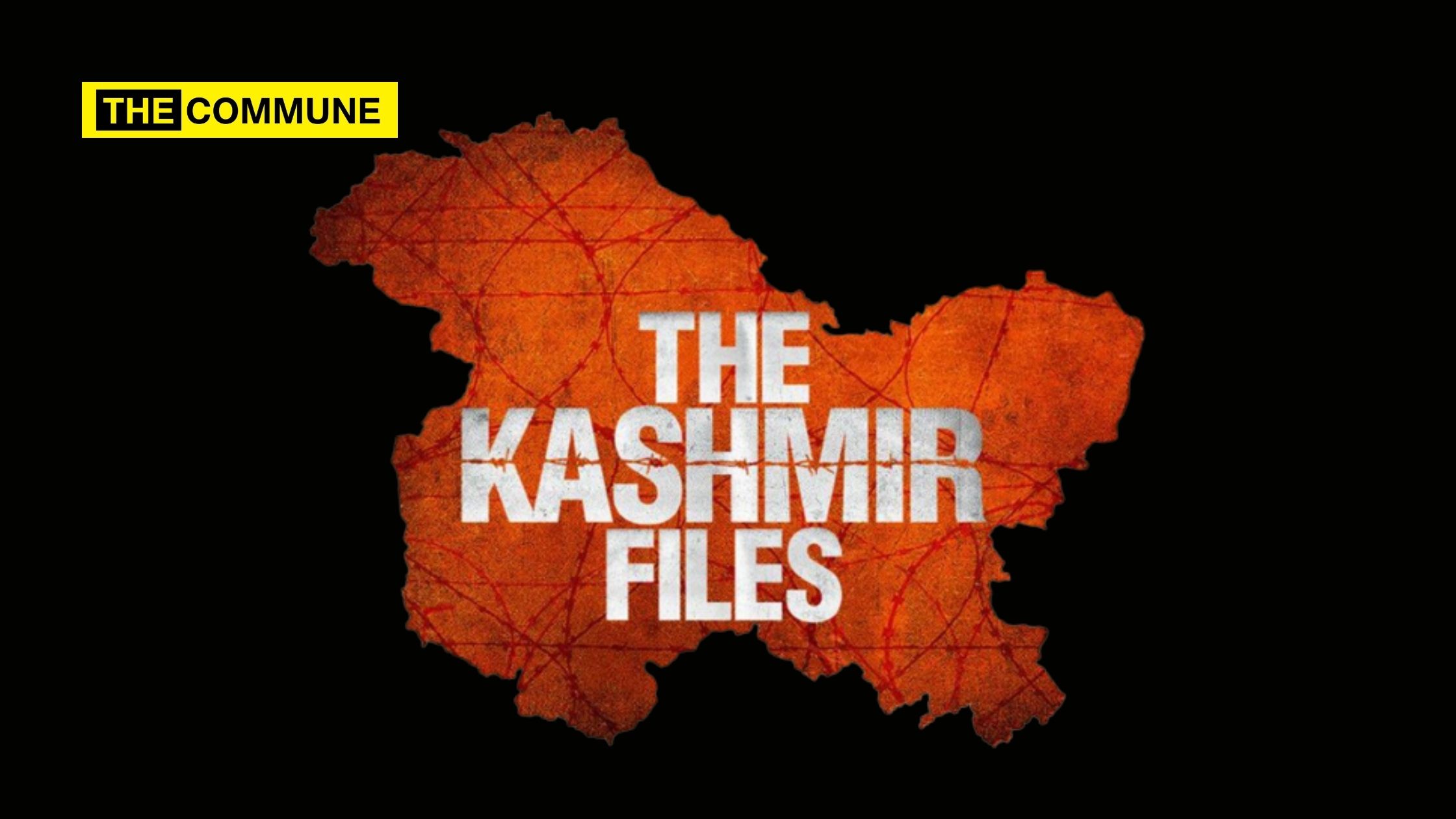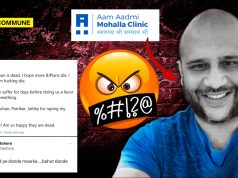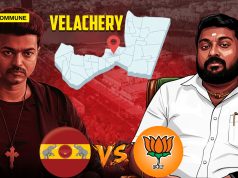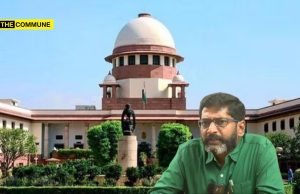
Few people here decide the news narratives that are being set across the country. They discuss a few stories repeatedly using which they are able to set their narratives deep in the minds of the people.
They also focus on not letting the news stories that they do not want the masses to know. They are the ones who decide the academic contents, news narratives and movie stories. The question may now arise as to who they are.
In the film, Prof Radhika Menon tells student Krishna Pandit, “They may run the Government, but we run the system.”. This ecosystem comprising of the political-media-academic establishment had buried the genocide that happened and is now denying the right to justice for the community. If you have a doubt that your thinking ability may also have been affected by the impact of their narratives, then The Kashmir Files is the movie for you.
The movie is based on true events and tells us the blood shed history that no one has ever told before. Exactly 32 years ago, tensions erupted in the Kashmir Valley. Armed with the slogan “Convert, Flee or Die”, the terrorists slaughtered the section of Kashmiri Pandits. The movie revolves around Krishna Pandit and his grandfather Pushkar Pandit, who escaped and lives in the country’s capital. When they fled out of Kashmir, Krishna Pandit was a small child. He has no recollection of what happened then. Krishna’s grandfather tells Krishna that all their family members died in an accident. That was all Krishna knew.
Krishna, who is studying at a reputed university in the capital, once attends a gathering that calls for “Separate Kashmir”. Professor Radhika Menon then exclaimed, “Kashmir has never been an integral part of India.” The Indian Army is persecuting the people of Kashmir. So she speaks of the need to liberate Kashmir from India. Then, Krishna Pandit stood up and said, “The Pandits in Kashmir were slaughtered and so the Pandits left Kashmir.” “That is not true. Kashmir pandits left the valley on their own,” says Professor Radhika Menon. Immediately those in the crowd stop Krishna Pandit from speaking, saying that this is not true and there is no evidence for this. Then Krishna Pandit goes and talks to the professor separately, and then they two become good friends.
Meanwhile, Krishna Pandit’s grandfather Pushkar Pandit was fighting as an individual to abrogate Article 370. At one point, the controversy over Kashmir between the two becomes truly thrilling. Krishna Pandit decides to contest in the students’ elections. One day, Professor Radhika Menon approaches Krishna Pandit and convinces Krishna to raise the “Separate Kashmir” slogan. She also stresses that only by doing so can he win the election. Krishna’s grandfather tells Krishna, “The end of politics is only destruction.” The young Krishna reaches a state of confusion.
Krishna’s grandfather dies. According to his grandfather’s last wish, Krishna goes to Kashmir for the asthi visarjan of his grandfather. Then Krishna meets his grandfather’s friends in the valley. As guided by the professor, Krishna also meets key terrorists who demands separate Kashmir. After these meetings Krishna returns to the capital and speaks at his university political meeting. This movie is all about his vision of Kashmir then.
In the midst of this, Krishna finds answers to his question, was it the Indian Army or the Terrorists that killed his family? In a scene, when Anupam Kher asks a realistic question, “Kashmir pandits never took arms in their hands, then why should this happen to us?”, it leaves the audience numb. There are no words to praise the courage and bravery of the director Vivek Agnihotri, who portrayed the atrocities happened in the valley with the same intensity. Bollywood star Anupam Kher, who was affected by the Kashmir genocide, has been cast in the lead role. I don’t know if he could have played any other character so wonderfully in his lifetime.
The fact that the movie crew has given their full commitment to this film is the main reason for the huge success of the movie. Despite some criticisms on the technically element, the purpose of the movie is not distracted at any point. The movie, which faced innumerable political and religious afflictions, came to the screens and is currently has become the talk of the nation. The fact that it took 32 years for us to know about this genocide itself is a shame of Independent India.
Click here to subscribe to The Commune on Telegram and get the best stories of the day delivered to you personally.




